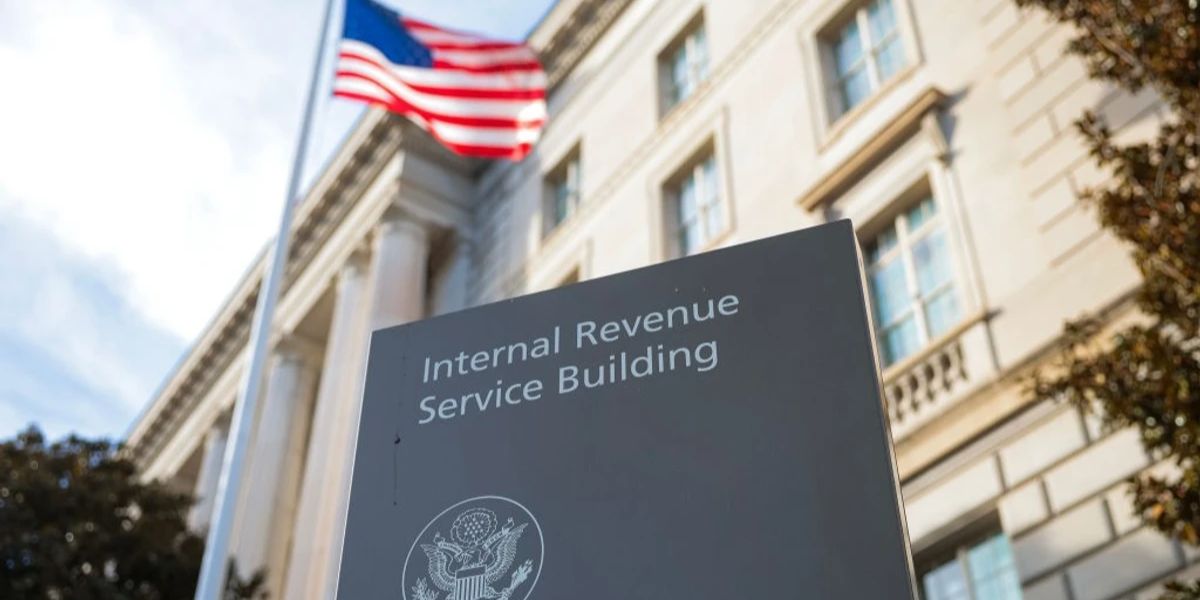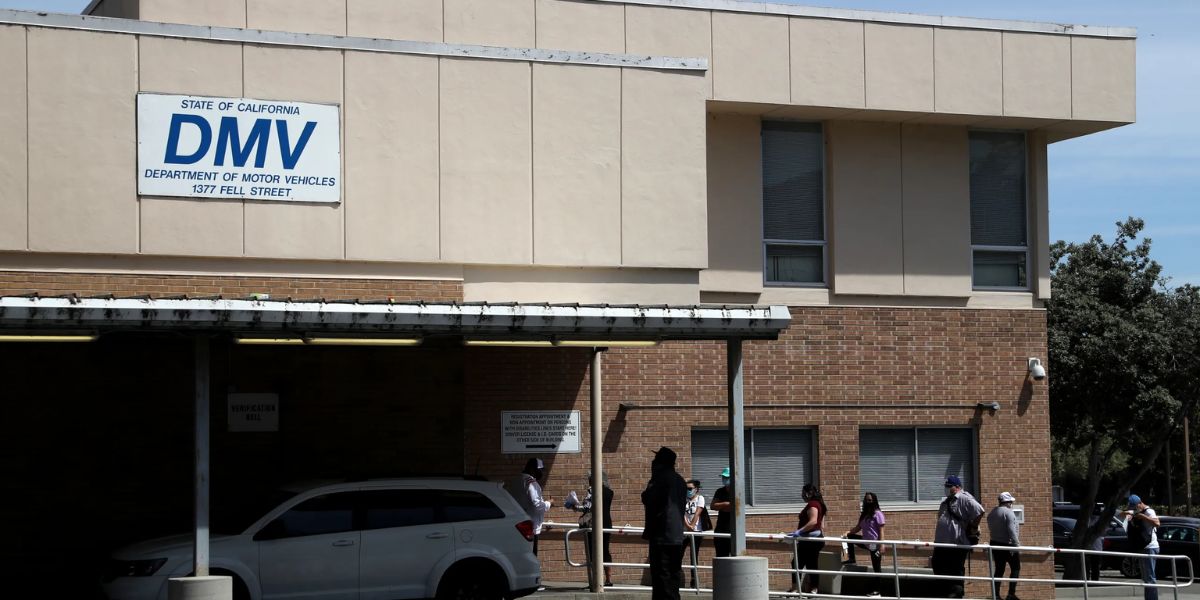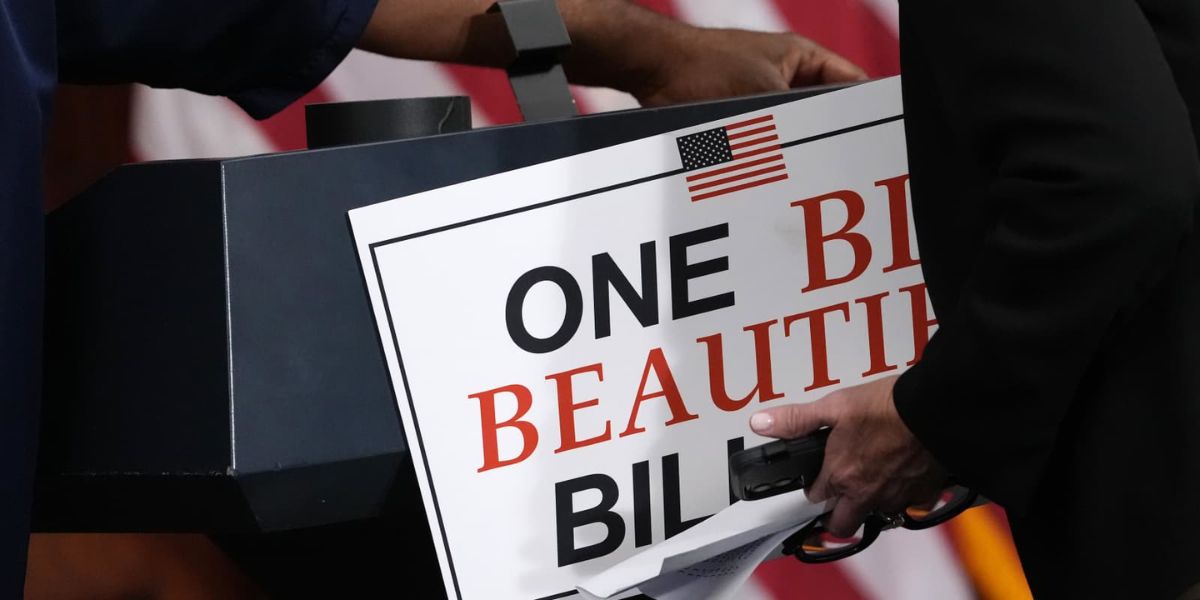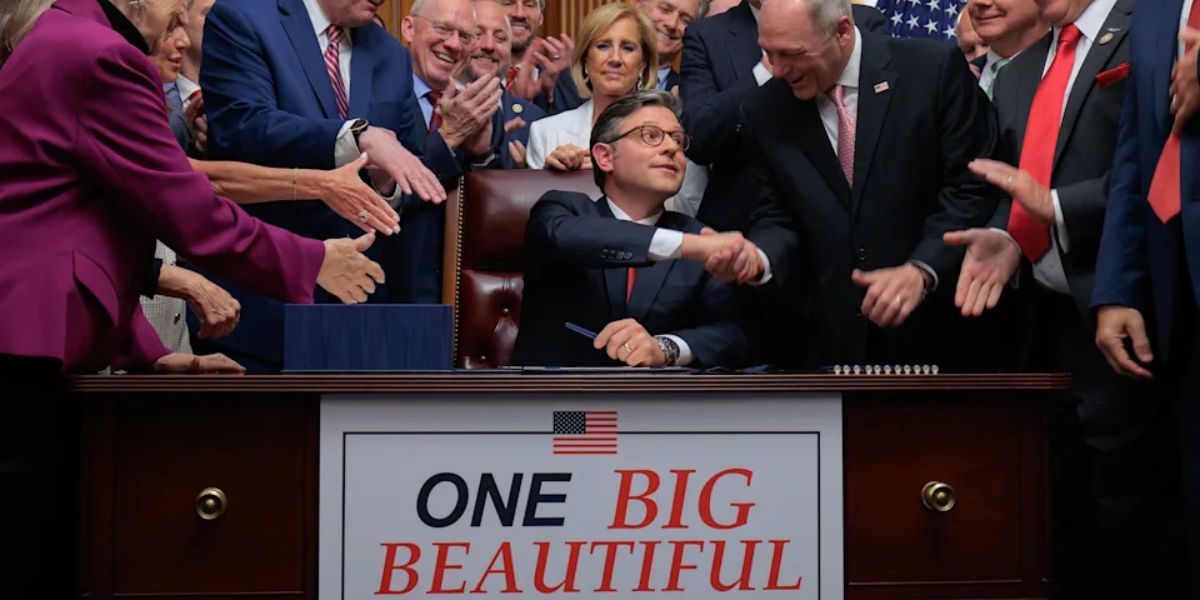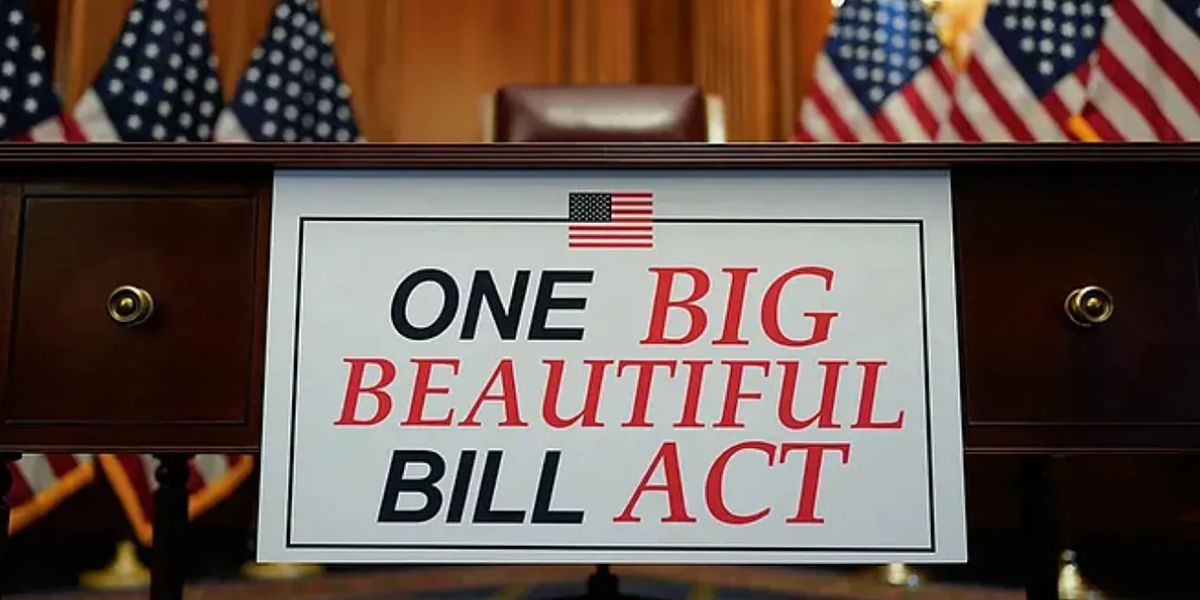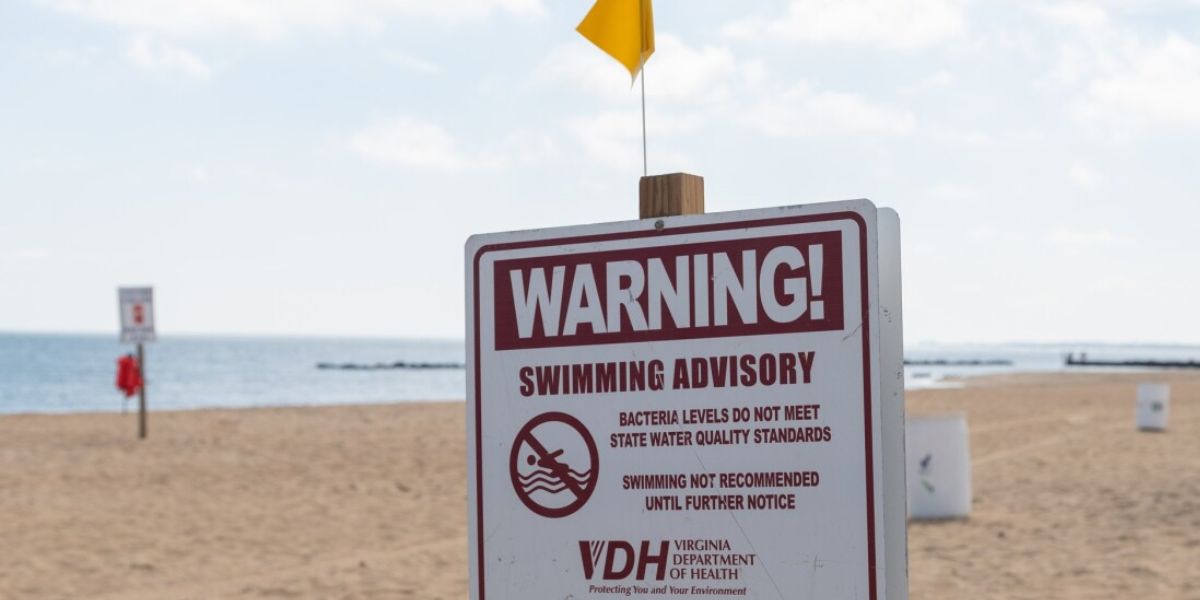WASHINGTON, D.C. — The Trump administration has announced that California violated Title IX, the federal civil rights law, by allowing transgender student-athletes to compete on sports teams that align with their gender identities.
On Wednesday, the Department of Education gave the California Department of Education (CDE) and the California Interscholastic Federation (CIF) just 10 days to change their policies or face imminent enforcement action, including potential referral to the Justice Department for proceedings.
The administration’s move has sparked controversy as it calls into question the fairness of transgender inclusion in school sports, especially in light of comments made by Governor Gavin Newsom earlier this year, where he admitted that it was “deeply unfair” to allow trans men to compete in women’s sports.
The Trump Administration’s Demands
Education Secretary Linda McMahon criticized California’s current approach, stating that transgender women in women’s sports deprive cisgender women of their rightful accolades.
“The California Department of Education and the CIF continued as recently as a few weeks ago to allow men to steal female athletes’ well-deserved accolades and subject them to unfair and unsafe competitions,” McMahon said.
Under the proposed resolution agreement, the California Department of Education would need to rescind past guidance supporting the inclusion of transgender athletes in compliance with state law.
Instead, they would have to forbid trans girls and women from competing on female school sports teams and using female facilities. The state would also be required to restore all records, titles, and awards that were “misappropriated” by transgender athletes.
California’s Response: Defending Inclusion and Student Rights
Governor Gavin Newsom’s office responded strongly to the administration’s claims.
Izzy Gardon, a spokesperson for Newsom, dismissed the federal demands as part of the Trump administration’s ongoing threats to defund California. “It wouldn’t be a day ending in ‘Y’ without the Trump administration threatening to defund California,” Gardon said. “This won’t stick.”
Liz Sanders, the director of communications at the California Department of Education, defended the state’s policies, stating, “We believe all students should have the opportunity to learn and play at school, and we have consistently applied existing law in support of students’ rights to do so.”
The CIF also refused to comment on legal matters but stood by its decision to follow state law, which requires the inclusion of transgender athletes in sports teams that align with their gender identities.
The Debate Over Transgender Athletes in Sports
The controversy comes amid growing national debates over the participation of transgender athletes in women’s sports.
Critics of transgender inclusion argue that biological males have an unfair advantage in certain sports, while advocates argue for the rights of transgender individuals to compete fairly and safely in the sport of their choice.
One prominent case involves AB Hernandez, a transgender track-and-field athlete who recently competed in the CIF state championships.
Hernandez performed well, placing first in the triple jump, and her competitors expressed support, despite the backlash. Brooke White, a fellow competitor, told the San Francisco Chronicle, “Sharing the podium was nothing but an honor. She’s a superstar, she’s a rock star, she’s representing who she is.”
However, protests outside the stadium underscored the broader controversy surrounding her participation.
Read Also: RFK Jr.’s Vaccine Panel Could Shift Public Health Landscape, Bay Area doctors say
Potential Impact on State and National Policies
In addition to the ongoing investigation into California’s school sports policies, the Trump administration has also threatened to withhold federal funding from a sex-education program in California unless all references to gender identity are removed.
The administration’s stance is part of a broader trend of Republican-led states enacting policies that limit the rights of transgender individuals, particularly in relation to sports.
As of now, 29 states have laws or policies that ban trans student-athletes from participating in sports aligned with their gender identity. Five of these states have temporarily blocked those laws through lawsuits.
Despite the pushback, estimates suggest that transgender athletes represent only a small fraction of the overall student-athlete population in the U.S. According to the NCAA, fewer than 10 transgender athletes are known to be competing in NCAA championship sports.
What’s Next?
As the investigation into California’s policies continues, the state faces mounting pressure to comply with federal demands or face potential consequences.
The outcome of this dispute could have far-reaching implications for transgender rights, especially in the context of sports, and may set a precedent for how other states handle similar issues.
What Do You Think?
Do you believe transgender student-athletes should be allowed to compete on teams that align with their gender identities? How do you think the current debate over transgender inclusion in sports should be handled? Share your thoughts in the comments below on RidgecrestPact.org.




